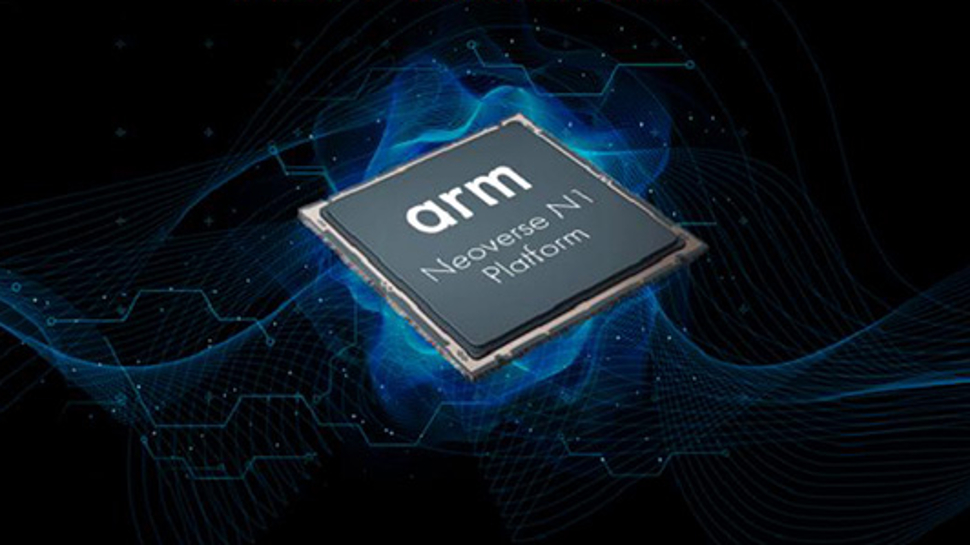Amazon may be preparing a 32-core ARM chip to rival Intel Xeon and AMD Epyc
AWS to seriously up the stakes with second-gen ARM-based CPUs?

Sign up for breaking news, reviews, opinion, top tech deals, and more.
You are now subscribed
Your newsletter sign-up was successful
Rumor has it that AWS (Amazon Web Services) is set to bring in more powerful second-gen processors for use in its servers and data centers, with the ARM-based CPUs apparently bristling with as many as 32-cores.
The next-gen chips will reportedly be based on ARM’s Neoverse N1 architecture and would succeed current AWS’ first-gen Graviton processors, being something like 20% faster, according to a report by Reuters which cites two industry sources.
- Amazon’s new AI keyboard could compose hit pop songs in the future
- Most Europeans prefer AMD CPUs as sentiment turns against Intel
- Best cloud management software of 2019
As Anandtech, which spotted the report, further notes, Neoverse N1 is designed around providing maximum single-thread performance, running at relatively high frequencies.
We are talking clock speeds of up to 3.1GHz, with a likely TDP of around 100W.
Price perspective
While Amazon’s chips obviously won’t be able to rival the likes of Intel’s or AMD’s server processors in terms of pure performance, by the looks of this, they are set to offer an impressively beefier level of performance than their predecessors. And they will likely do so at a very competitive price/performance ratio (both in terms of the overall price, and the ongoing cost of running the chips).
So this could represent a reasonably potent threat to Intel’s dominance in the server market, because if these efforts pan out – and remember, this report is just speculation (albeit from one of the more reliable sources in the tech world) – AWS could certainly turn to use more of its own hardware.
Of course, Intel is already under heavy fire in the server market, fighting a battle against AMD’s rival chips.
Sign up to the TechRadar Pro newsletter to get all the top news, opinion, features and guidance your business needs to succeed!
AMD’s latest Epyc (Rome) processors are innovative and powerful offerings (running with up to 64-cores) which have already tempted some big-name defections away from Intel, including Google and Twitter (and indeed AWS itself – for the time being, perhaps).
- Best cloud storage of 2019: free, paid and business options
Darren is a freelancer writing news and features for TechRadar (and occasionally T3) across a broad range of computing topics including CPUs, GPUs, various other hardware, VPNs, antivirus and more. He has written about tech for the best part of three decades, and writes books in his spare time (his debut novel - 'I Know What You Did Last Supper' - was published by Hachette UK in 2013).